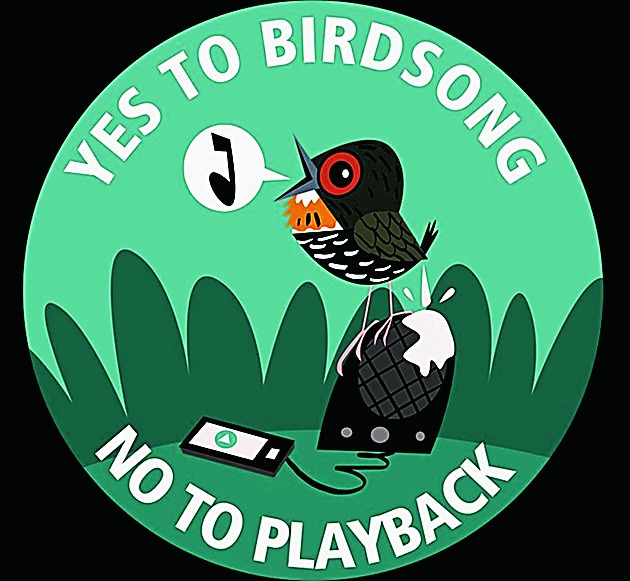
Guwahati: A wildlife sanctuary in Arunachal Pradesh has appealed to guides and tourists to say no to call playback.
Call playback is used to lure a bird into view by playing a recording of bird call/song. This ploy is used by some bird guides to lure rare birds into open space so that tourists can photograph the winged delights.
Eaglenest wildlife sanctuary under Shergaon forest division in Kameng district of Arunachal Pradesh has started an initiative to discourage use of playback.
"We have held two meetings with local bird guides and tour operators on educating and sensitising wildlife photographers and tourists about the use of playback in and around Eaglenest wildlife sanctuary at the booking stage. At the forest department checkgate, visitors will be given free badges to discourage use of playback and this will be repeated at the Singchung Bugun village community reserve," the divisional forest officer of Shergaon forest division, Millo Tasser, told The Telegraph.
"It is just that we want people to accept nature as it is. Wildlife sighting is a matter of chance after all," he added.
He said all local guides were committed to abandoning the method ofplayback but a change in behaviour of wildlife photographers, tourists and guides from elsewhere was also required. "Our local communities have given up hunting birds to take up jobs as birding guides. It is everyone's responsibility to make it easier on our local guides and our birds," he said.
Bird diversity in Eaglenest wildlife sanctuary is the highest in India with 700 species .
The Malaysian Nature Society Bird Conservation Council says playing a recording of a bird song or call to elicit a response can divert a territorial bird from other important duties such as feeding its young.
The Wisconsin Bird Conservation Initiative says a bird perceives the recorded call/song as a competitor in its territory and may then expend time and energy investigating and challenging this "intruder". This time and energy could have gone into recovering from migration, attracting a mate, building nests or feeding a mate and/or its young.
Experts say recent research has shown that call playback has substantial negative impact on birds as it can cause stress, serious expenditure of energy and pair break-up, which can be disruptive. During breeding season, this practice can distract adults from courtship, territory defending and other tasks pertinent to successful breeding.











